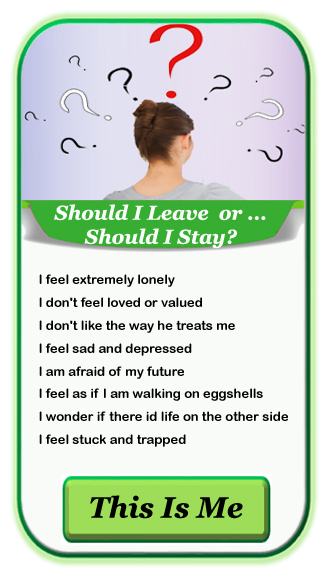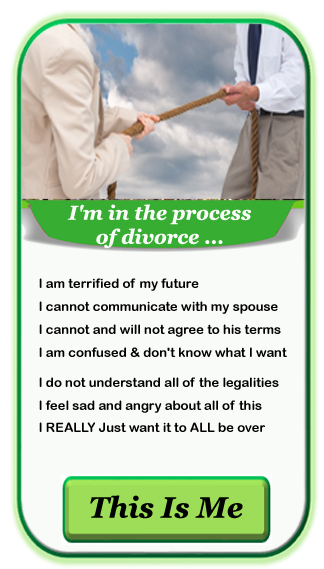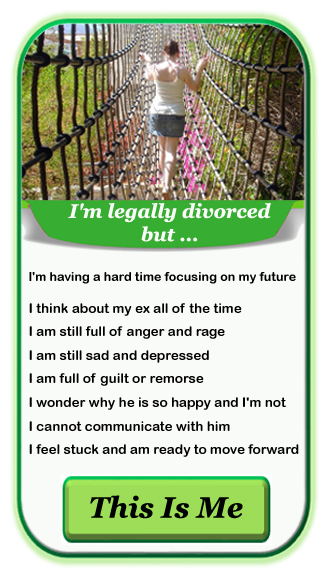Divorce has a significant effect on children. In a Laumann-Billings and Emery report in 2000, young adults in their early 20s would still suffer the effects of their parents’ separation, even after 10+ years. But helping your kids cope with divorce early on could lessen the distress and feeling of loss that they experience.
Breaking the News
There is no easy way to tell children about the impending divorce. It is important for both parents to be present when talking with the children about the separation. However, when talking to them it is better to not include anger, guilt and blame in the conversation. Make sure the children understand that it is not their fault that their parents are separating. It is all about the relationship of the mother and father.
Reassure Them
Even though parents assure their kids that they are not the reason for the separation, children may not be convinced and feel otherwise. Reassurance is important. You could reassure your children by talking to them and letting them know that they are loved and cared for. Simple gestures like a hug or special moments together might help them feel reassured.
Let Them Open Up
In another study on the effects of divorce on children, feelings of resentment and distress could be reduced by letting kids express their feelings, opinions, and ideas, whether it is about the divorce or not. It is important to encourage them to talk and for you to listen to what they have to say.
Some children may try to please their parents by acting cool about or unaffected by the issue. Encourage them to be honest. They may be reluctant since they do not want to hurt either of the parents, but sharing their true feelings will help them gain insight into the new changes in their lives.
Children may not be comfortable opening up to mom and dad, but they may start talking to friends, relatives, or even a counselor, who are not included in the picture. Let them have the social support that they need. In fact, encourage positive relationships. Going out on a weekend with family friends or relatives provides them an opportunity to share their feelings with others.
Provide Consistency
Divorce could make children worry about the family dynamic. They may have difficulties picturing the kind of family they will have after the separation. Providing a routine and continuity is important. Establishing a routine will make children feel that love from both parents did not lessen, even with the new living arrangements. Be consistent. Avoid or minimize unpredictable schedules and transitions.
Don’t Expose Them to Conflict
Make the relationship between you and your ex-spouse amicable. If you can’t, then at least try to avoid conflicts or fighting in front of or within earshot of the children. There are studies showing that children from low-conflict divorced families would adjust to their environment and with their peers more easily, just like children coming from low-conflict intact families.
Be Emotionally Available
Taking care of yourself, emotionally and physically, is one of the best ways to help your children cope with mom and dad separating. Your physical and emotional health will help your children feel reassured that everything will be okay. They will be more at ease with the new living arrangements if you are calm and present. You could start with joining a support group, eating right and exercising, or keeping a journal.
Avoid relying emotionally on your kids. Some kids, especially the older ones, may be willing to let you cry on their shoulder, but do not do it. This is too much of a burden for them to bear at such a young, vulnerable stage in their lives. Let them know how much you appreciate them and how touched you are by their efforts, but draw your support from your trusted friends, family, and possibly a therapist.



Leave a Reply